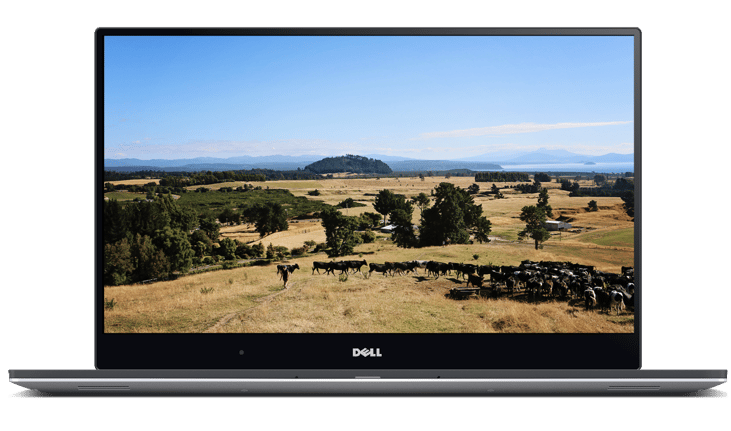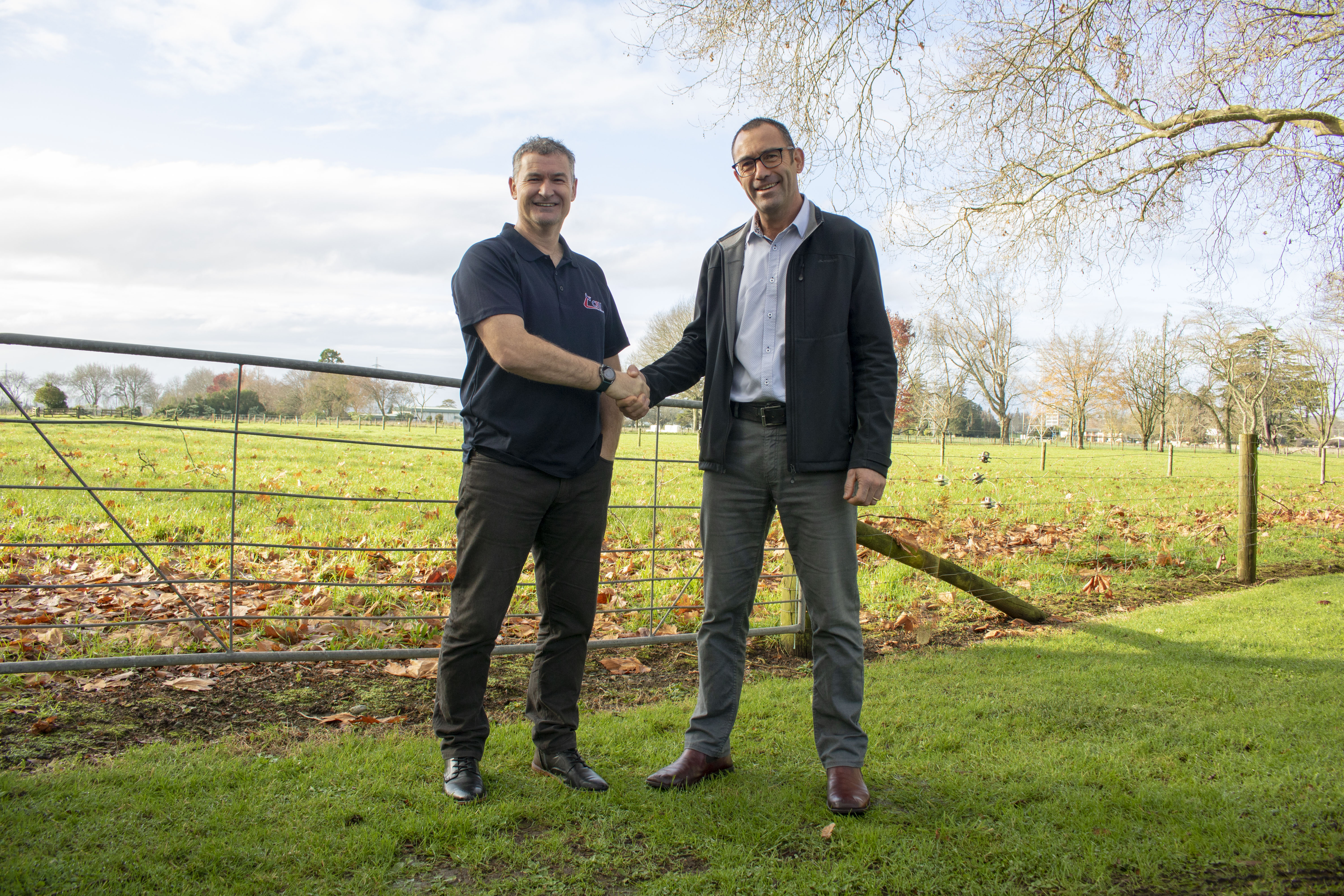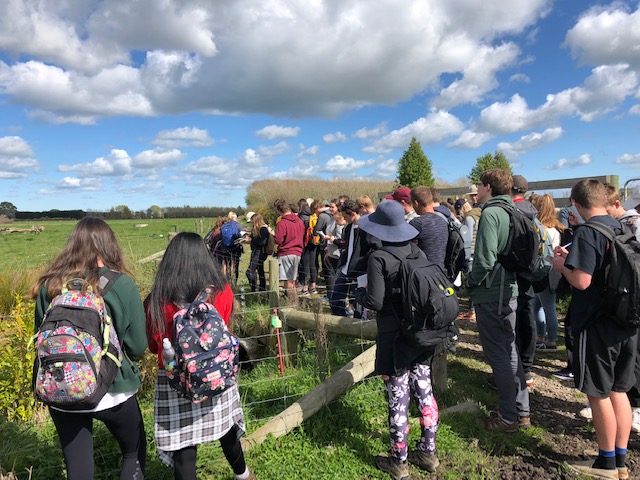

Farm environment plans (FEP) are about to become a required part of farm business compliance in coming years. With that comes a need for a simple, effective and useful tool to not only help farmers comply, but make even better use of their land and water resources.
The government’s national policy on fresh water announced last year means farm environment plans will be a given for all farm businesses.
Rural professionals around New Zealand are gearing up to help farmers learn more about the plans and how they will put them in place effectively.
James Allen, director of farm advisory company AgFirst says getting the skilled people to help farmers roll out their environment plans will be one of the challenges facing firms.
“But it depends really upon two things. One is the time frame given to get the plans in place and the other is who will be certified and allowed to carry out the plans.”
James says ideally farmers will want to be able to take ownership of the FEPs and do as much as possible themselves in their normal course of farm admin business.
But they will also be wanting to learn how they can use the plans to enhance not only their farm’s environmental footprint, but farm business profitability.
“This is similar to when NAIT required stock to have electronic ear tags. Initially there was resistance, but then farmers began to see the positive farm business benefits beyond the compliance factor – they could monitor weight gains of individual animals for example. They would be wanting to see the same with FEPs.”
A good point for the FEPs to start becoming more palatable for farmers is when they can be completed on a digitised platform, in a “farmer friendly” template that farmers can complete where possible themselves.
The nature of FEPs means several parties will be sharing and seeking its information and being digitised means it can be made transparent enough to be shared among all parties requiring them, including councils, farm advisors, some staff and owners.
“Having a FEP recorded and stored on a digital remote source means it won’t be lost. That loss of institutional farm knowledge that happens when managers leave, or owners sell, is also avoided – it will be kept within the farm gate.”
A digitised platform for FEPs like FarmIQ also means it is suitable for groups and organisations tasked with getting multiple farm FEPs completed.
AgFirst has partnered with Beef + Lamb New Zealand in Otago on a catchment project that will have all the farmers within the catchment recording their FEPs on the single FarmIQ platform, ensuring the information is transferable and templated where possible and can be completed by a number of consultants in a consistent manner.
James Allen sees the FEPs as a progression in detail and demands from the original effluent system approvals and overviews dairy farms have had to supply over the past decade.
Digitised systems like FarmIQ’s FEP module are proving to be accessible and easily understood by farmers who may have feared the process to be intimidating.
A digitised FEP also means it remains a living document, easily altered as the farm system changes, or the mitigation methods used on farm change. Being far more easily accessed and adjusted than a fixed written document means digitised FEPs avoid remain gathering dust on the shelf as a mere compliance exercise.
“But like any process, it depends upon the information you have at hand to enter in, once you have it the process is relatively simple. Importantly, it generates the information in sections. It provides a series of actions to work on and puts it together in a clear framework.”
The platform also provides a portal for farmers wanting to digitise more of their farm business, whether it is stock records, staff performance or health and safety, linked through a neutral and open platform.
“The ability to access real farm data to meet compliance needs, and deliver more value to your farm business is something that farmers are going to always be seeking from whatever platform they chose,” says James.


